Open House - Kellogg Institute for International Studies Undergraduate Student Programs
Monday, August 29
Tent on Hesburgh-Mendoza Quad
4-6pm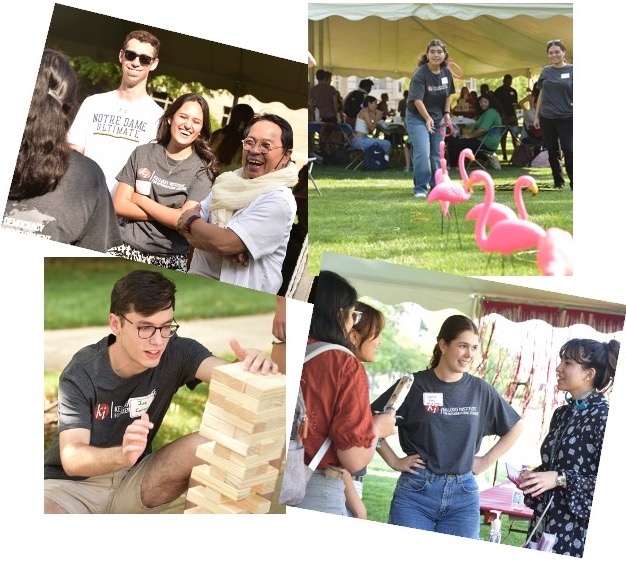
Food, Fun and Kellogg
Join Kellogg students, faculty and staff for food, prizes and games while learning about Kellogg student programs. Pick up Kellogg swag and submit your name for prizes that will be raffled off throughout the event. Prizes will include t-shirts, Starbuck's gift cards and a Grand Prize! (Must be present to win.)
Learn how you can be funded for international internships or research, join the Kellogg International Scholars Program and International Development Studies minor and engage in global issues of today.
Faculty and students will lead games on the quad and share information about their experiences with the Kellogg Institute. Games will include bocce ball, tic tac toe on the quad, big block jenga, the Grand Prize Game, yard bowling, cornhole, flamingo ring toss, and more.
Learn more about the faculty who will be available that night by reading their profiles below:
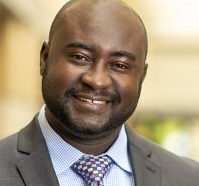 Ellis Adjei Adams is an assistant professor of geography and environmental policy at the Keough School of Global Affairs. He is affiliated with the University of Notre Dame’s Environmental Change Initiative and the Eck Institute for Global Health. Adams specializes in environmental policy; water, sanitation, and hygiene (WASH); water policy and governance; gender, water, and development; cities; political ecology; and sub-Saharan Africa.
Ellis Adjei Adams is an assistant professor of geography and environmental policy at the Keough School of Global Affairs. He is affiliated with the University of Notre Dame’s Environmental Change Initiative and the Eck Institute for Global Health. Adams specializes in environmental policy; water, sanitation, and hygiene (WASH); water policy and governance; gender, water, and development; cities; political ecology; and sub-Saharan Africa.
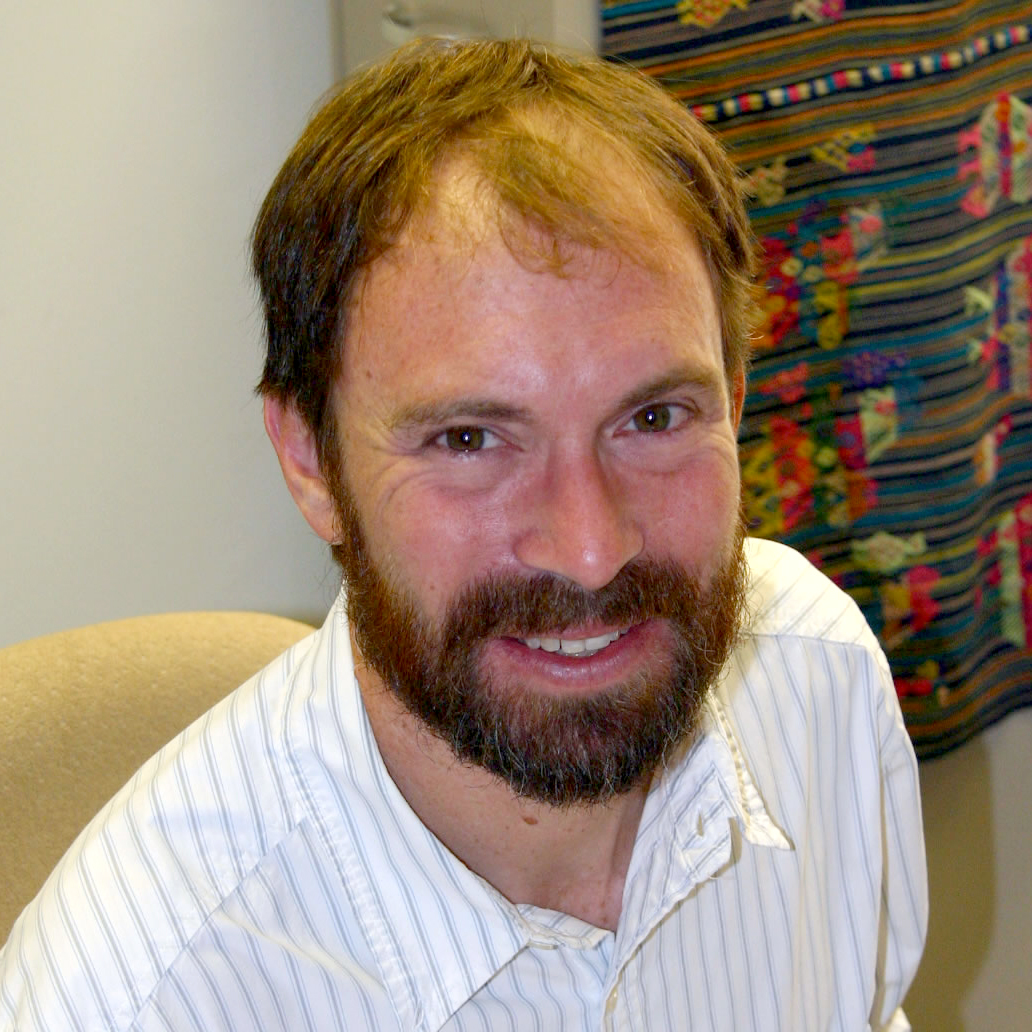 Ted Beatty is professor of history and associate dean for academic affairs at the Keough School of Global Affairs. A historian specializing in economic development in nineteenth and twentieth-century Latin America and especially in Mexico, his research has examined the role of institutions in economic development, the intellectual and material bases of policy formation, and the history of technological change.
Ted Beatty is professor of history and associate dean for academic affairs at the Keough School of Global Affairs. A historian specializing in economic development in nineteenth and twentieth-century Latin America and especially in Mexico, his research has examined the role of institutions in economic development, the intellectual and material bases of policy formation, and the history of technological change.
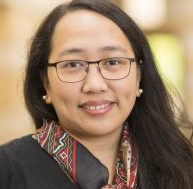 Diane Desierto holds a joint appointment in the Keough School of Global Affairs and the Notre Dame Law School, where she is professor of law. She is also co-principal investigator of the Notre Dame Reparations Design and Compliance Lab, one of Kellogg's Policy and Practice Research labs. She specializes in international law, human rights, development, humanitarian law, comparative constitutional law, and maritime security.
Diane Desierto holds a joint appointment in the Keough School of Global Affairs and the Notre Dame Law School, where she is professor of law. She is also co-principal investigator of the Notre Dame Reparations Design and Compliance Lab, one of Kellogg's Policy and Practice Research labs. She specializes in international law, human rights, development, humanitarian law, comparative constitutional law, and maritime security.
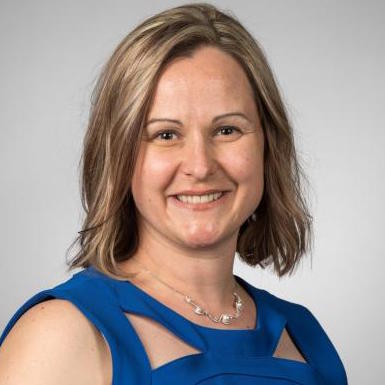 Eva Dziadula is a teaching professor in economics who studies migration choices and immigrant assimilation. Her work focuses on how people acquire citizenship, and her research encompasses labor economics, health economics, and development economics, as well as economic demography.
Eva Dziadula is a teaching professor in economics who studies migration choices and immigrant assimilation. Her work focuses on how people acquire citizenship, and her research encompasses labor economics, health economics, and development economics, as well as economic demography.
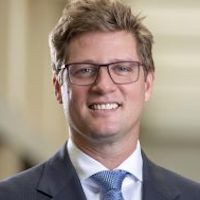 Daniel C. Miller is associate professor of environmental policy in the Keough School of Global Affairs. His research and teaching focus on international environmental politics and policy, with a special interest in understanding the socioeconomic and ecological impacts of conservation funding in tropical countries and the political factors shaping those impacts
Daniel C. Miller is associate professor of environmental policy in the Keough School of Global Affairs. His research and teaching focus on international environmental politics and policy, with a special interest in understanding the socioeconomic and ecological impacts of conservation funding in tropical countries and the political factors shaping those impacts
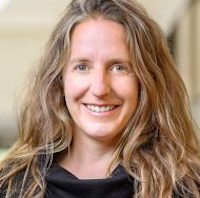 Susan Ostermann is an assistant professor of global affairs and an expert in comparative politics in South Asia, regulatory compliance, and environmental regulation. Her work seeks to understand why actors comply with regulations in unlikely circumstances, such as when states are weak or actors have strong incentives to break the law.
Susan Ostermann is an assistant professor of global affairs and an expert in comparative politics in South Asia, regulatory compliance, and environmental regulation. Her work seeks to understand why actors comply with regulations in unlikely circumstances, such as when states are weak or actors have strong incentives to break the law.
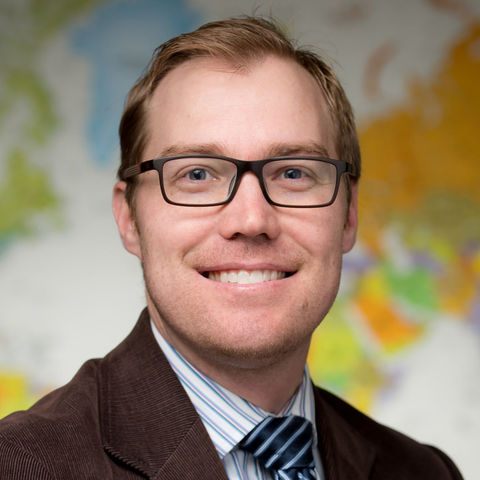 Paul Perrin leads the Pulte Institute's Evidence and Learning Division and is an international health, humanitarian, and development research and practice professional with over a decade of work experience in academic, government, and non-governmental settings. Prior to joining the Pulte Institute, Perrin served as the director for monitoring, evaluation, accountability, and learning at Catholic Relief Services (CRS).
Paul Perrin leads the Pulte Institute's Evidence and Learning Division and is an international health, humanitarian, and development research and practice professional with over a decade of work experience in academic, government, and non-governmental settings. Prior to joining the Pulte Institute, Perrin served as the director for monitoring, evaluation, accountability, and learning at Catholic Relief Services (CRS).
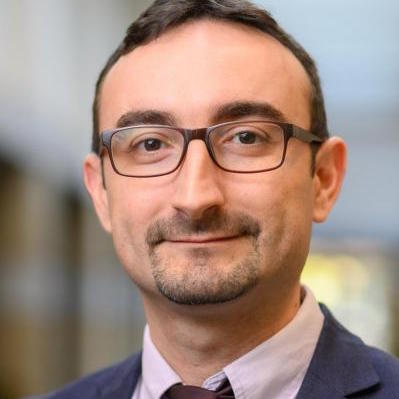 Patrizio Piraino is the director of the Ford Program in Human Development Studies and Solidarity at the Kellogg Institute and an associate professor in the Keough School of Global Affairs. His research focuses on the intersection of education and development, including human capital and labor market policies in developing regions, and the broader determinants of socio-economic disadvantage.
Patrizio Piraino is the director of the Ford Program in Human Development Studies and Solidarity at the Kellogg Institute and an associate professor in the Keough School of Global Affairs. His research focuses on the intersection of education and development, including human capital and labor market policies in developing regions, and the broader determinants of socio-economic disadvantage.
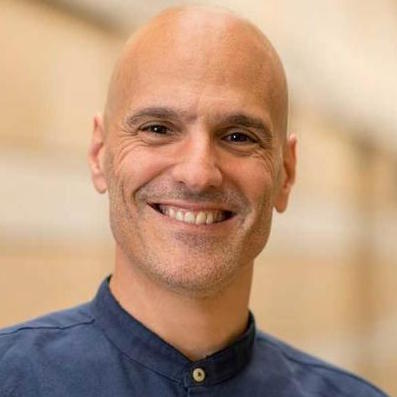 Aníbal Pérez-Liñán is the director of the Kellogg Institute and a professor of political science and global affairs, where he holds a joint appointment in the Department of Political Science and the Keough School of Global Affairs. His research focuses on democratization, the rule of law, political stability, and institutional performance among new democracies.
Aníbal Pérez-Liñán is the director of the Kellogg Institute and a professor of political science and global affairs, where he holds a joint appointment in the Department of Political Science and the Keough School of Global Affairs. His research focuses on democratization, the rule of law, political stability, and institutional performance among new democracies.
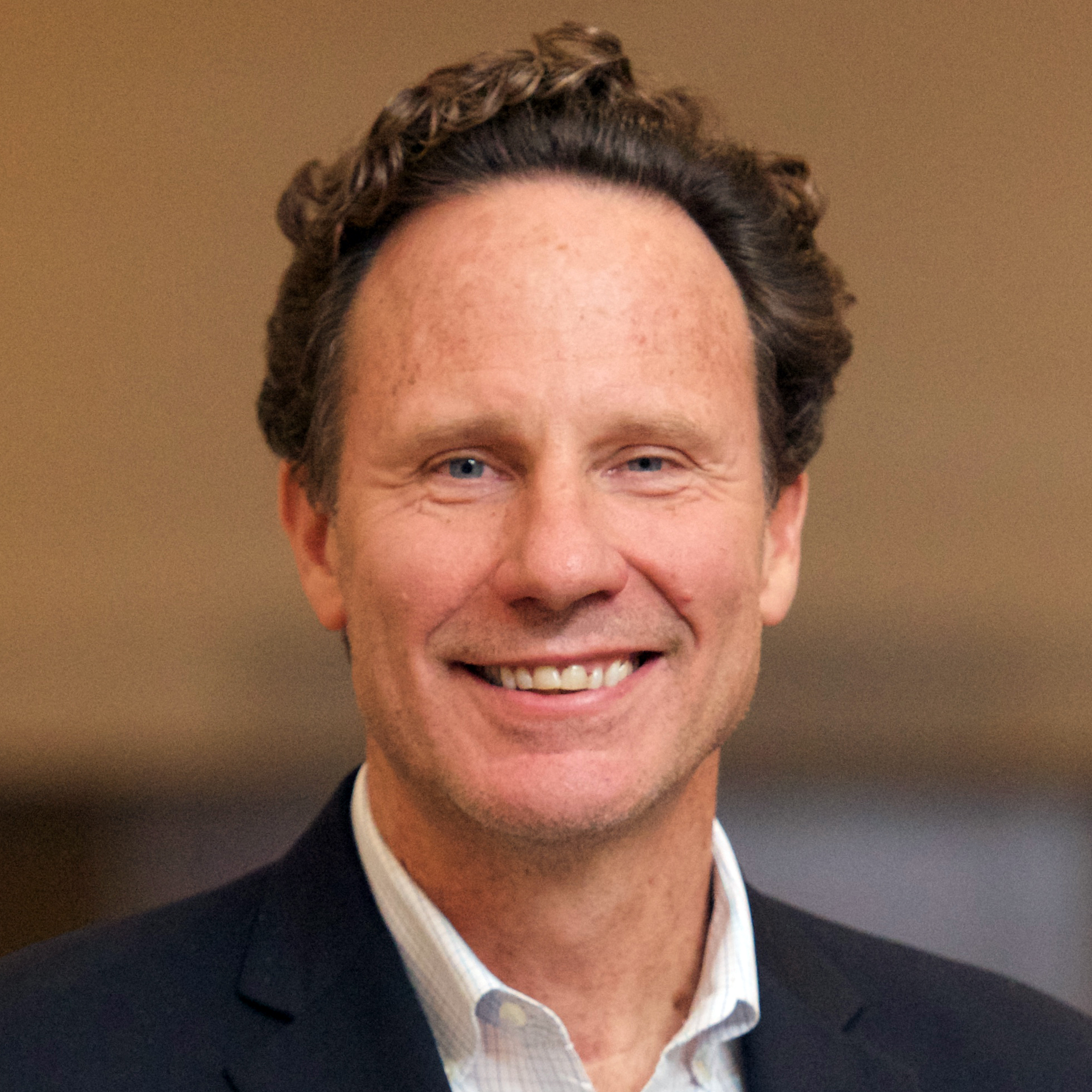 Steve Reifenberg is a teaching professor of international development and co-director of the Integration Lab (i-Lab) in the Keough School of Global Affairs. His teaching and research interests in international education, international development, and negotiations build upon work carried out in Latin America, Asia, and Africa, including more than a decade living overseas, primarily in Chile.
Steve Reifenberg is a teaching professor of international development and co-director of the Integration Lab (i-Lab) in the Keough School of Global Affairs. His teaching and research interests in international education, international development, and negotiations build upon work carried out in Latin America, Asia, and Africa, including more than a decade living overseas, primarily in Chile.





